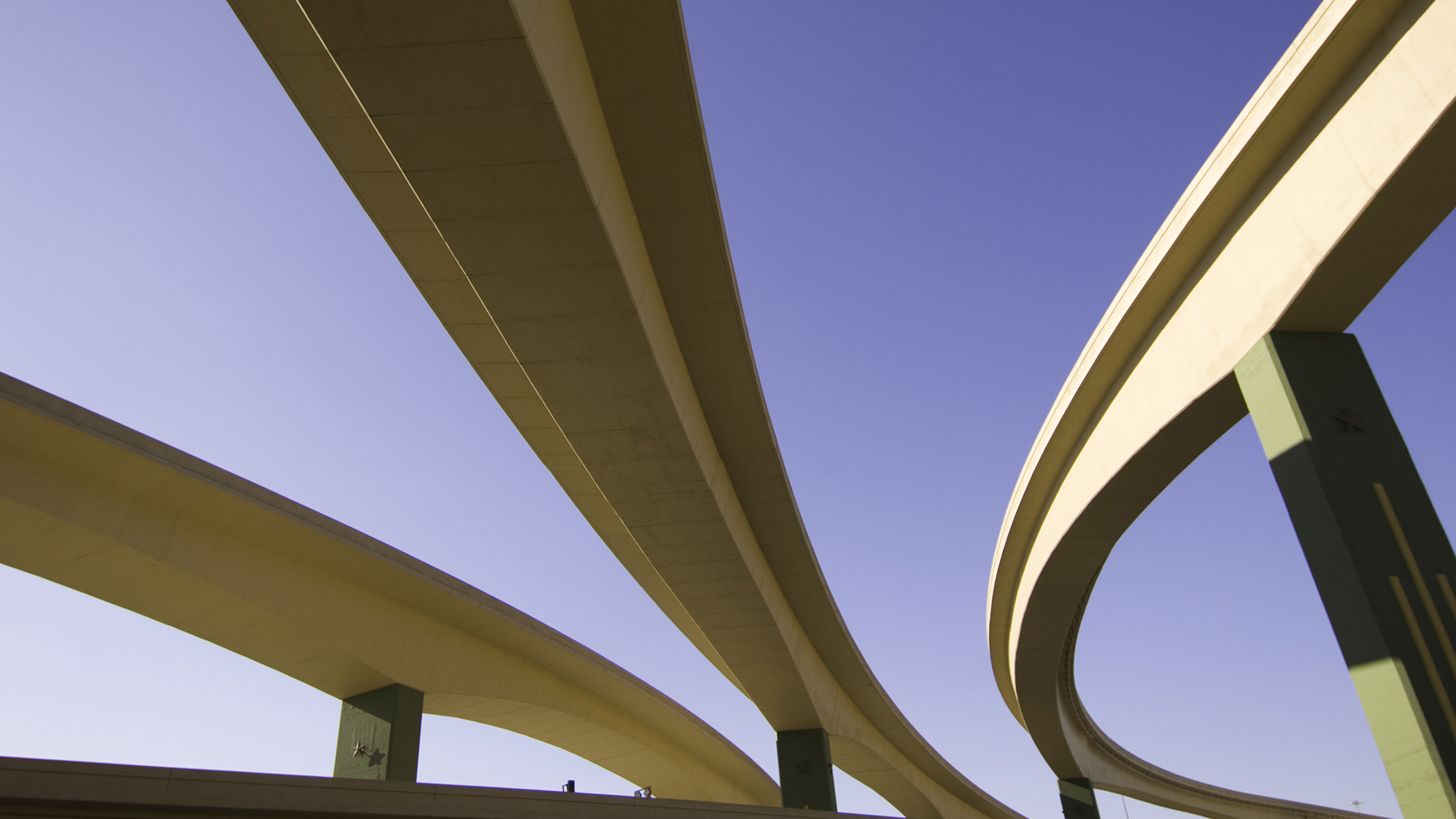Introduction
Governments around the world have introduced measures to protect their citizens and their economies in the face of the COVID-19 pandemic. In the UAE, where the construction industry is vital to the country’s economy, numerous measures that specially relate to – or have an impact on – the construction sector have been introduced. In this article we have sought to collate these measures, on an Emirate and Federal level and consider their impact on the UAE construction industry.
Protecting the construction industry and its workforce
In Dubai, at the introduction of the sterilisation lockdown, the construction sector was deemed to be a “vital sector”, exempting it from government restrictions. Construction sites were permitted to remain operational and workers to commute to and from site, subject to the obtaining of a permit from the Dubai Municipality and the Permanent Committee for Labour Affairs.
The Dubai Development Authority (DDA) has also taken a number of steps to mitigate the impact of COVID-19 on the construction sector. These have included:
- The creation of a digital portal to process all engineering services.
- Moving as much of its standard business practices as possible to electronic means, so as to reduce the physical, face-to-face processes that have previously been the norm. These include: (i) registration and licensing service requests to be completed and submitted electronically on the digital portal; (ii) approvals and documents issued by the DDA to be in electronic format rather than paper copies; and (iii) where original notarised and attested documents are required, these are now permitted to be submitted within 60 days of completion of the service.
- The announcement of a Planning and Development Stimulus Initiative. Under this initiative: (i) the payment of Final Building Permit Fees are split into four instalments; (ii) the payment dates of fines issued by the Planning and Development Department are postponed for three months; (iii) zoning exception fees are now payable within 12 months rather than six months; (iv) additional or modified built up area fees are now due within three months instead of one month; (v) the issuance of Conditional Completion Certificates (undertaking letter) will be free of charge for three months from the date of the initiative; and (v) the validity period for any Building Permit, Fit-out Permit, Temporary Construction Permit, or Permit to Work within a “right of way” will be extended by an additional three months without charge.
- The introduction of virtual inspections of construction sites. Sites can now be inspected at various stages of a project by way of either a Zoom or Microsoft Teams video call, without inspectors having to be physically present on site.
Certain other measures have been introduced across the UAE to protect workers. For example:
- The UAE Ministry of Human Resources and Emiratisation (MoHRE) has:
- Introduced a range of measures including, among others, permitting Employers to make temporary changes to employment terms (e.g. remote working) and imposing compulsory precautionary measures to ensure the health and safety of employees whilst at the workplace and in accommodation.
- Announced that construction companies are now permitted to set up or construct labour accommodation on site. This will result in workers not being required to be transported to and from site and will assist in ensuring that social distancing precautions are maintained in existing labour accommodation. It is a requirement that on-site accommodations have enough space to ensure social distancing guidelines are adhered to.
- The Dubai Municipality has issued a directive which applies to all labour accommodation and construction sites in Dubai. This directive requires measures be implemented by construction companies regarding the accommodation, transportation and on site work of construction workers. These include adequate disinfectants and sanitation, social distancing in labour accommodations, on transportation and at site. Further, regular temperature checks are also mandatory and, where symptoms are detected, workers must isolate.
- The Government of Abu Dhabi has taken similar steps to restrict the spread of the virus by limiting the capacity of labour transport buses to a maximum of 25 per cent and all workers are subjected to temperature testing.
The roles of the banks
Significant actions are being taken by governments and financial institutions around the world in response to the COVID-19 crisis. Please refer to our interactive cross-border guide for detailed analysis on the global responses. The UAE Federal Government and certain Emirates have released a variety of fiscal stimulus packages to alleviate the impact of COVID-19 on the economy. These include, in brief:
- The Dubai Government’s package targeting indirect tax measures (VAT and Customs), which includes refunds of up to 20 per cent of customs duties paid on imported goods that are sold locally, cancellation of the requirements to provide bank guarantees to clear goods and a 90 per cent reduction of customs clearance fees.
- The Abu Dhabi Government’s 16-point stimulus plan, which includes a suspension of bid bonds and an exemption of performance guarantees for projects up to AED50 million for start-ups.
- The UAE Central Bank’s Targeted Economic Support Scheme (TESS) focuses relief efforts in a variety of ways, including:
- Halving local banks’ capital reserve requirements for demand deposits from 14 per cent to 7 per cent, resulting in the injection of approximately AED61 billion of liquidity to support banks’ lending and liquidity management.
- Introducing a liquidity relief fund of AED50 billion which funding is intended to be offered to customers by the Central Bank through local banks. Those eligible customers impacted by the effects of the pandemic will not be required to pay their respective bank any instalments, consisting of principal and/or interest, for the agreed deferment period. However, any interest accrued during the deferment period on the principal amount, will be paid by the customer at a later date.
- Providing to local banks a “zero-cost funding facility” worth approximately AED50 billion until the end of 2020.
- Directing that account opening times be reduced to a maximum of two days.
- Requiring that minimum balance requirements are scrapped for the time being.
Whilst we understand that these measures have been generally welcomed, the extent of their impact in adding impetus to the construction industry will become more evident over the coming months.
Conclusion
The above measures have been introduced for two key reasons: to curtail the spread of the pandemic and to provide stimulus to the UAE economy, including the construction industry. Whilst these measures show a commitment, at Emirate and Federal level, to support the construction sector, current forecasts point towards a slowdown in activity over the next twelve months. The recent slump in oil prices is also expected to affect investment, particularly on government funded projects. Contractors are likely to face significant challenges given the increased restrictions on labour movement, increased costs in implementing health and safety measures and supply chain challenges. On top of this, we are aware that some contractors currently have a significant number of their workforce in quarantine.
The road ahead
Whilst we are seeing COVID-19-related force majeure and change in law notices being issued by all parties, we are also noticing, for the time being at least, a greater inclination for parties to act collaboratively to try and mitigate the time and cost implications of COVID-19. Clearly, the majority of existing construction contracts do not provide – and could not have provided – for a clearly defined allocation of risks associated with the COVID-19 pandemic. We will therefore likely see new construction contracts, entered into in the post-COVID-19 era, to expressly provide for such risks, including, for example, government lockdown and quarantine measures, supply chain delays/shortages and health and safety measures.








